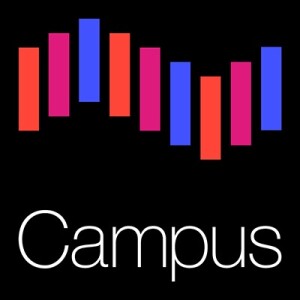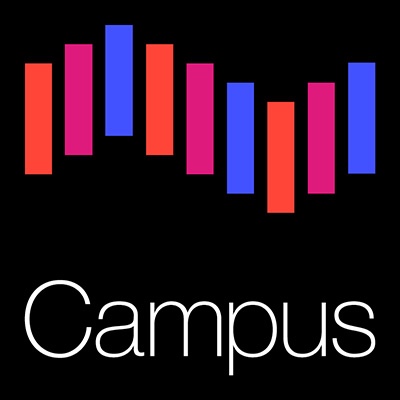Episodes

Thursday Dec 19, 2024
Campus: What Indigenous knowledge brings to higher education
Thursday Dec 19, 2024
Thursday Dec 19, 2024
Indigenous knowledge has historically been marginalised or actively excluded from higher education. However, universities around the world are now recognising that First Nations’ wisdom and culture can enrich education and are giving these communities a greater voice. Of course, with deep-rooted issues such as decolonisation and lack of parity to be addressed, there’s still a way to go.
In this episode, Indigenous university leaders – in Canada and New Zealand – explain how their institutions support First Nations’ participation in higher education. First, we talk to Angie Bruce, a Red River Métis woman who is vice-president (Indigenous) at the University of Manitoba. Prior to taking up her post, Angie had extensive experience working with First Nations, Inuit and Métis people in public sector organisations. She discusses the historical and systemic barriers to Indigenous involvement in Canadian higher education and what institutions can do to break these down.
We also meet Te Kawehau Hoskins, who is pro vice-chancellor (Māori) at the University of Auckland in New Zealand. A professor in Māori and Indigenous education and philosophy, her research interests are Indigenous Māori political philosophy and practice, Indigenous–settler relations and Treaty practice. She tells us about her journey into higher education and how spaces on campus allow First Nations and non-Indigenous students and faculty to come together in a meaningful way.
For more advice on how to amplify Indigenous voices in higher education, visit Campus.


No comments yet. Be the first to say something!